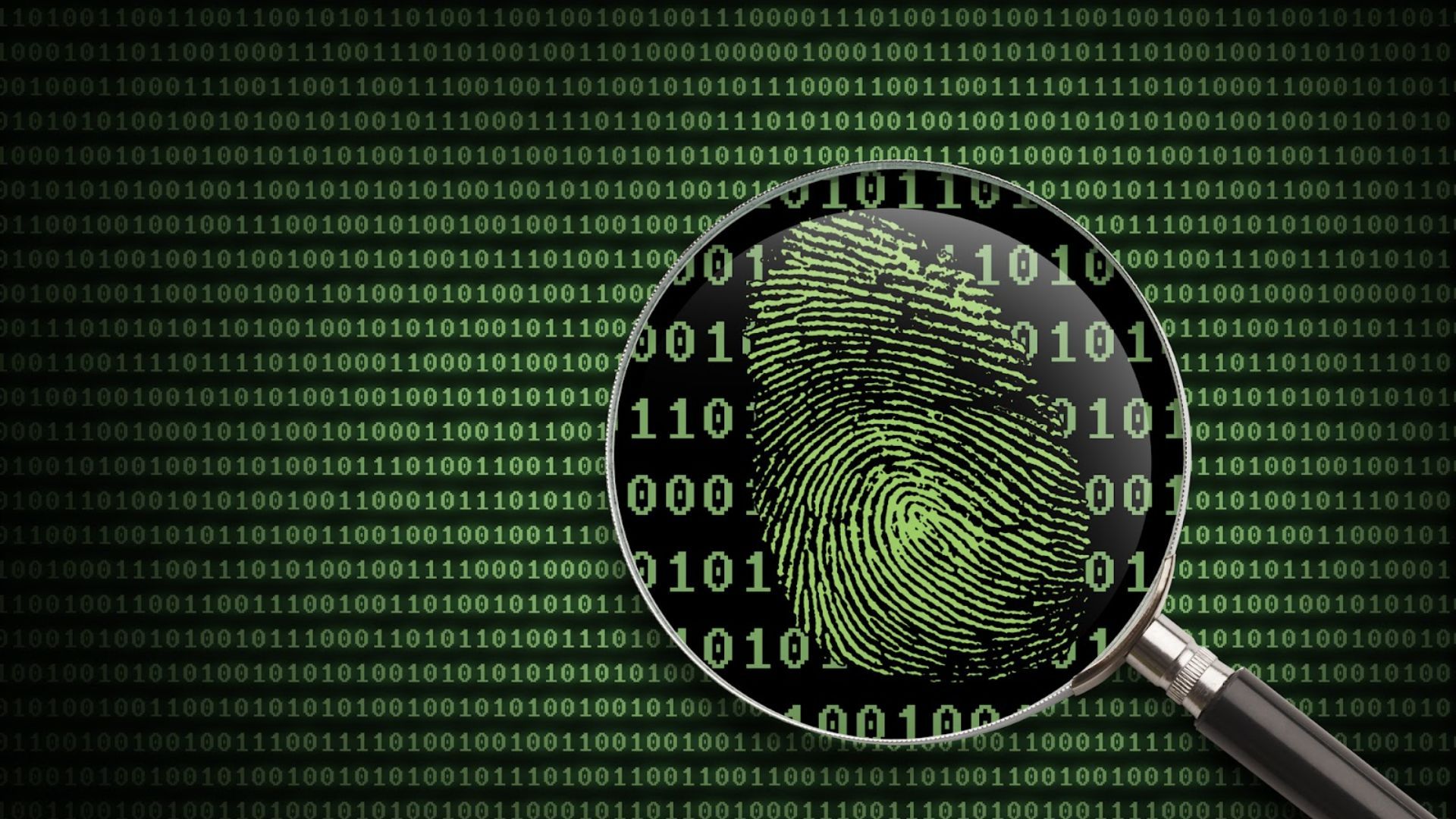Table of Contents
- Keep Your Funds In A Secure Wallet
- Crypto Wallet Best Practices
- Don’t Be A Victim
- Only Use A Trusted Exchange
Investing in crypto is in vogue and it’s hardly surprising, what with numerous stories of people who’ve gone from rags to riches simply by getting in early enough before the next hot token goes “to the moon”.
With the rise of DeFi, it has even become possible for investors to generate a regular income stream, either by trading on decentralized exchanges, lending crypto to others and through staking, where they earn rewards for locking up tokens to protect the network.
As tempting as crypto is, however, investors need to be careful and protect their digital assets. Over the years there have been countless reports of traders and “hodlers” who’ve fallen victim to scams and had the entire contents of their crypto wallets emptied. From hacked exchanges and phishing scams to improper private key management, there are numerous ways cybercriminals can attempt to steal an investor’s crypto.
The main weakness of cryptocurrencies is that user’s have to be their own bank. They’re solely responsible for protecting their holdings, and if they happen to fall victim to a scam and lose all of their tokens, there is no way of recovering them. That’s why it’s of paramount importance that investors take every step to secure their digital assets. So keep in mind these top tips on how to keep your crypto safe.
Keep Your Funds In A Secure Wallet
The responsibility of securing crypto lies solely with the owner, so it’s down to them to ensure their tokens are stored in a safe place. As is often repeated in the crypto community, “if you don’t own the keys, you don’t own the crypto”. What it means is that unless someone holds the private key phrase to access their wallet, they don’t actually control the coins within them.
For instance, if a user is storing his crypto on a wallet in Binance, they don’t actually control the private keys. Binance does, and though it’s a highly regulated, secure, and trustworthy exchange, the possibility exists that it could still be hacked - and if it ever did lose all of its assets, so would anyone with holdings there.
For that reason, it’s a wise move for traders and investors to store their cryptocurrency tokens in a private, non-custodial wallet, or even better, a hardware wallet or a paper wallet.
Software wallets are apps that allow users to access their crypto through a computer, smartphone, or tablet. For those who want to use a software wallet for the convenience they provide, be sure to use a non-custodial wallet such as Coinomi or Coinbase Wallet. Non-custodial means that only the user has the private keys, so not even the company itself cannot access their wallet.
Software wallets are free and easy to use, but they’re not completely safe as they’re usually always connected to the internet, which makes them vulnerable to hackers and security issues. So if you are going to use a software wallet, ensure it is always kept up to date to reduce the risk of a breach.
A far safer option is a paper wallet that’s essentially what it sounds like: a piece of paper with a printed crypto address and private key in the shape of a QR code. Because it’s a piece of paper, it is of course always offline, making it ideal for long-term hodlers. When you want to use the coins, simply scan the QR code to execute the transaction. Just remember that if you lose the paper, you also lose your crypto, so keep it safe!
As for hardware wallets, these are USB devices that can be used to store crypto offline. They’re often known as “cold storage” or “cold wallets” and are associated with increased security as both the crypto and the private keys are stored offline, making them immune to hacking attempts. Some of the best hardware wallets around are sold by Ledger and Trezor.
Crypto Wallet Best Practices
For those using software wallets, which are recommended for those who need to spend crypto regularly, be sure to take advantage of additional security layers such as two-factor verification. Any recommended wallet will have 2FA, which can be switched on via the security settings. By activating this, hackers will be prevented from draining crypto from your wallet even if they can access it, unless they also have access to your phone or email.
Users can also download an app such as Google Authenticator to set up two-step verification on their smartphone.
Of course, it also goes without saying that you should never share your private keys or seed phrases with anyone, ever. Doing so is like handing over the keys to your house. No reputable company will ever ask for your keys, even if they’re attempting to help you resolve an issue.
Lastly, when it comes to actual transactions, be sure to always double-check and triple check the recipient’s address before sending any coins, even if you copy-paste or use a QR code. If just one character of the intended address is wrong, it will mean whatever amount is sent is lost forever.
Don’t Be A Victim
So-called phishing scams are incredibly prevalent in crypto, especially on social media in related Facebook groups, for example. It’s also common for hackers to use social media to send messages to unwitting investors, with offers such as “send us 0.2 BTC and we’ll send you ten times the amount back”.
There are all kinds of investment scams on social media and some are quite inventive, but they inevitably always prey on people’s greed or desperation to earn money. On Twitter, a popular scam involves impersonating a celebrity and promising to double a user's crypto fortunes if they send coins to a particular address. One of the most infamous scams occurred back in 2020 when someone managed to hack Elon Musk’s Twitter account and encouraged users to deposit BTC at an address with a promise that he’d send double the amount back to anyone who did so. It was reported that the hacker stole more than 12 BTC (almost $500,000 at today’s rate) before Musk regained control of his account.
Only Use A Trusted Exchange
For day traders it’s necessary to keep a certain amount of crypto on an exchange so they have the liquidity required to buy and sell coins, so a cold wallet is out of the question for those funds. In that case, it’s essential to use a trusted exchange.
Well-known exchanges such as Binance, Coinbase, and Gemini are highly regulated and provide some of the strongest security measures in the industry, with a large percentage of their funds stored in cold wallets.
For those who’re into more advanced forms of trading such as derivatives - contracts that give investors the right to buy or sell crypto assets at a certain price in the future - one of the best options is Bybit, which said in its most recent annual review that it devotes around 25% of its budget on beefing up security alone, almost double the industry average.
Bybit said that money has been spent on optimizing its software development lifecycle to ensure all new projects are heavily de-risked, with regular static security scans, dynamic scans and manual inspections to ensure the safety of its platform. What’s more, it maintains multiple layers of protection at the data, application, host and network layer, with a response time for potential attacks of less than 10 minutes. And like Binance and other top exchanges, it uses multi-signature cold wallets to ensure the safety of user’s funds.
By choosing a trusted exchange, users can rest assured that even if it does somehow get hacked, the security systems in place stand a very good chance of stopping that attack before any funds are stolen. What’s more, because the majority of their funds are stored offline, in cold wallets, the exchanges should always have enough in reserve to refund users in the event that an attack is successful.
Disclaimer: This article is provided for informational purposes only. It is not offered or intended to be used as legal, tax, investment, financial, or other advice.















